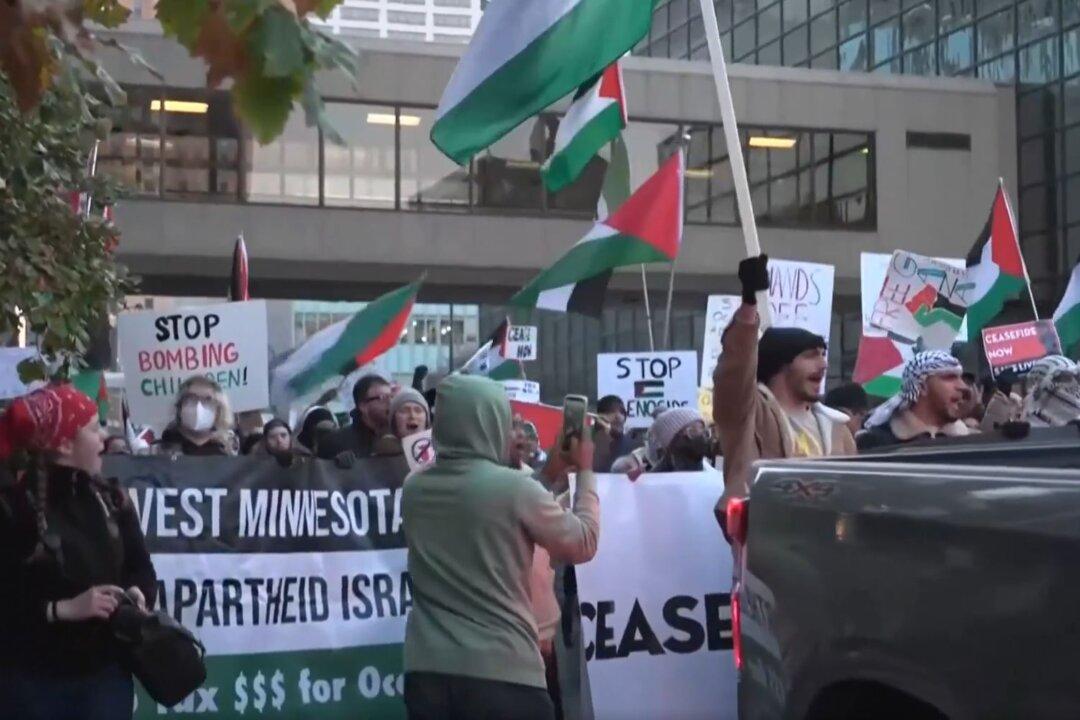A day before the one-month mark since terrorist group Hamas launched attacks on Israel resulting in the deaths of more than 1400 people—the biggest single-day massacre of Jews since the Holocaust—special envoys and coordinators combating antisemitism released a statement sounding the alarm.
The Nov. 6 statement was issued a week after envoys who, under governments and intergovernmental organizations, combat antisemitism met at the headquarters of the United Nations Educational, Scientific and Cultural Organization (UNESCO).





